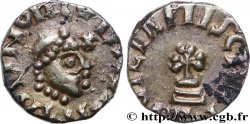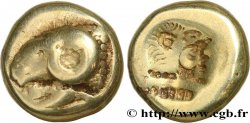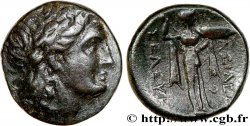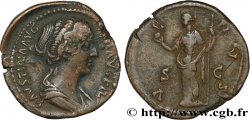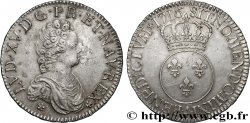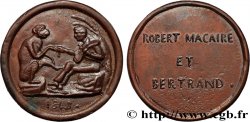Live auction - bmv_583469 - AURELIANORUM CIVITAS - ORLÉANS (Loiret) Denier, MARTINVS monétaire
You must signin and be an approved bidder to bid, LOGIN TO BID. Accounts are subject to approval and the approval process takes place within 48 hours. Do not wait until the day a sale closes to register. Clicking on "BID" constitutes acceptance of the terms of use of cgb.fr private live auctions.
Bids must be placed in whole Euro amounts only. The sale will start closing at the time stated on the item description; any bids received at the site after the closing time will not be executed. Transmission times may vary and bids could be rejected if you wait until the last second. For further information check the Live auction FAQ
All winning bids are subject to a 18% buyer’s fee.
All winning bids are subject to a 18% buyer’s fee.
| Estimate : | 500 € |
| Price : | 300 € |
| Maximum bid : | 320 € |
| End of the sale : | 27 October 2020 16:06:17 |
| bidders : | 1 bidder |
Type : Denier, MARTINVS monétaire
Date: c. 700-725
Mint name / Town : 45 - Orléans
Metal : silver
Diameter : 12 mm
Orientation dies : 4 h.
Weight : 1,19 g.
Rarity : R2
Coments on the condition:
Ce denier est frappé sur un flan irrégulier et court. Exemplaire recouvert d’une patine grise hétérogène. Petite rayure en bas à droite de la croix
Catalogue references :
Obverse
Obverse legend : A [M]A[RTINVS M]ONETA.
Obverse description : Tête radiée à droite.
Reverse
Reverse legend : + SA[NTI. ANIA]NEP, (LÉGENDE COMMENÇANT À 6 HEURES).
Reverse description : Croix à pied dont les bras sont accostés de besants.
Commentary
Ces petits deniers à la tête radiée sont connus pour Orléans et pour Poitiers. Ces deniers ont rarement les légendes complètes mais le style confirme souvent leur attribution ! Exemplaire pour la basilique Saint-Aignan d’Orléans.







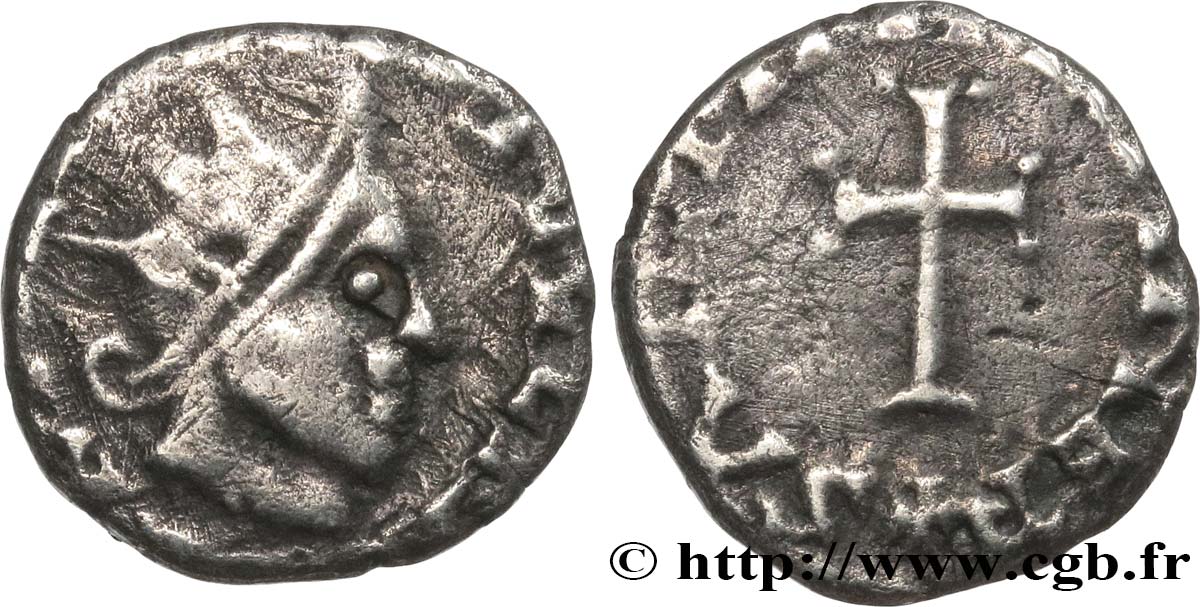
 Report a mistake
Report a mistake Print the page
Print the page Share my selection
Share my selection Ask a question
Ask a question Consign / sell
Consign / sell
 Full data
Full data